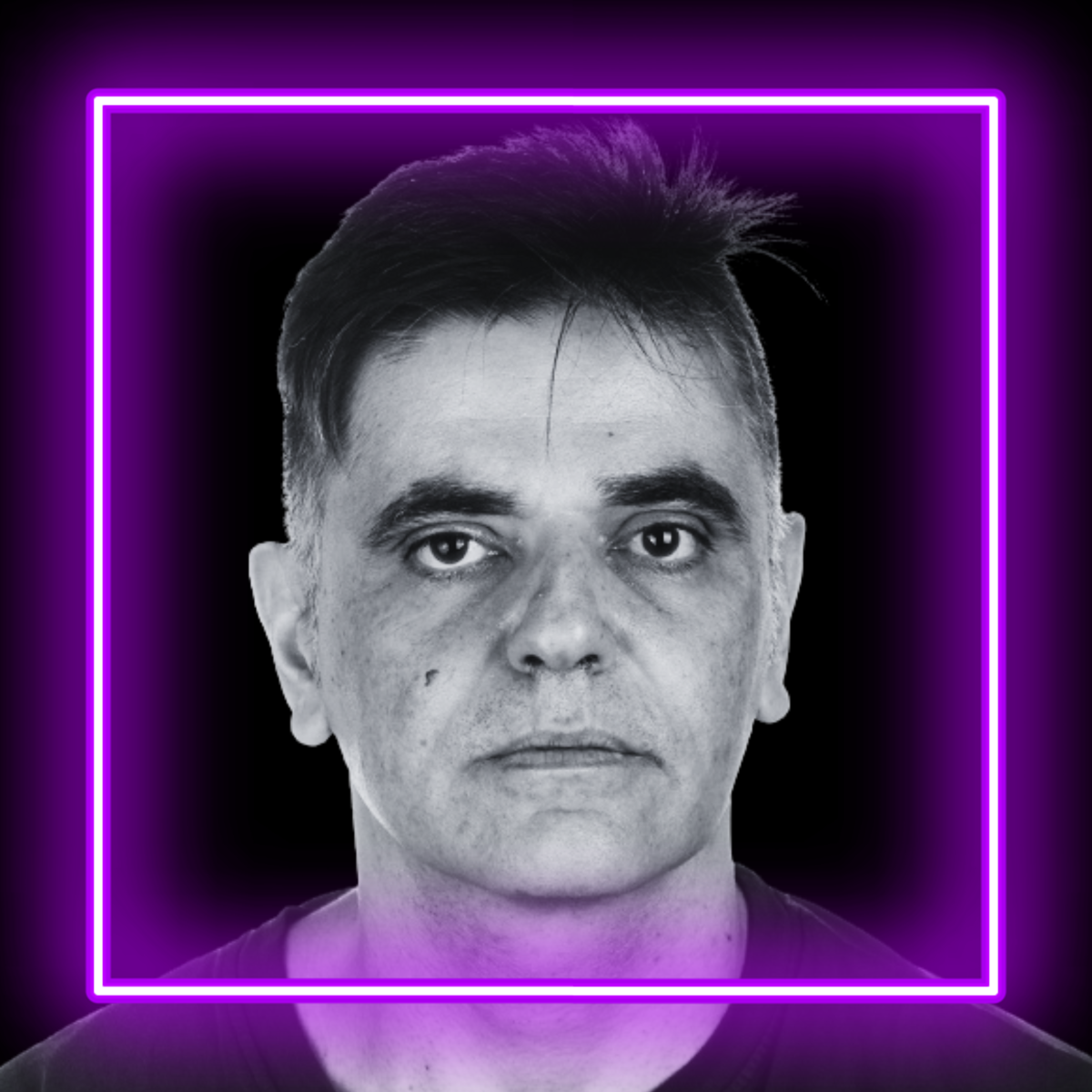Christian Celia, PharmD, PhD, Associate Professor of Pharmaceutical Technology, Drug Delivery and Nanomedicine
Christian Celia, PharmD, PhD, Associate Professor of Pharmaceutical Technology, Drug Delivery and Nanomedicine
Biography
Christian Celia, is Associate Professor in Pharmaceutical Technology, Advanced Drug Delivery and Nanomedicine at the University of Chieti – Pescara “. Christian Celia got his PharmD with residence in Hospital Pharmacy in 2008 at the University of Catanzaro and the PhD in Pharmaceutical Science in 2012 in the same Institution. He spent 2 years as Visiting Research at Houston Methodist Research Institute, Houston, Texas, USA in the Department of Nanomedicine where he got the position of Affiliated Scientist in 2012. In 2012, he joined as Assistant Professor the Department of Pharmacy at the University of Chieti – Pescara “G. d’Annunzio” where he was promoted to Associate Professor in 2017. Prof. Christian Celia is Editorial board member of 14 peer-reviewed international journals, he is affiliated to 2 national and 2 international scientific societies and secretary chair of Controlled Release Society Focus Group of Nanomedicine and Nanoscale delivery. Currently, he serves as board members to some academic positions of University of Chieti – Pescara “G. d’Annunzio” and he was recently included as scientific advisor board member of the “Research Center Health and Innovation (Hall@UMG). The main research fields are focused on the synthesis, characterization, and applications in vitro and in vivo of lipid, polymeric and hybrid nanocarriers for anti-cancer, anti-inflammatory therapies, and regenerative medicine. Technical skills and expertise are main focused on colloidal and applied chemistry design and characterization of nanocarriers, nanomedicine and nanotherapeutics. Prof. Christian Celia published 125 research papers, 124 conference communications, 5 book chapters and 2 editorials. He is co-author of 4 Italian patents (ITUB20154631A1 2017-04-12; IT201900024622A·2019-12-18; IT202000004846A1·2021-09-06; IT102020000013042A1 2022-07-14) and 2 Patent Cooperation Treaty Applications (WO2021124266A1·2021-06-24 and WO2021245547A1·2021-12-09).
Interview
NanoSphere: Tell us a bit about yourself—your background, journey, and what led you to where you are today.
Christian: I graduated in Pharmacy at the University of Catanzaro “Magna Graecia”, before getting my PharmD with residence in Hospital Pharmacy and then my PhD in Pharmaceutical Science at the same University. As a secondment of my PhD program, I was visiting at the Department of Nanomedicine in The Methodist Hospital Research Institute, Houston, USA. At the beginning of my career, my research was focused on liposomal therapeutics for anticancer and anti-inflammatory treatment. During the years and the evolution of my career, I have tried to develop novel concepts and the development of liposomes/lipid nanoparticles for therapeutic application and regenerative medicine. This continuous research of novelty is today developed in the formulation of hybrid nanoparticles for precision and personalized medicine based on the combination of synthetic biomaterials and natural biocomponents that are suitable for bio-ink production and 3D printing. I’m fully motivated form the continuous curiosity and research to develop novel concepts of drug delivery and provide some innovations in nanomedicine, as well as the necessity to provide a suitable cure and response for patients. I’m also passionate about transferring my research skills and knowledge to my students and promoting the career improvement of my collaborators.
NanoSphere:Supramolecular systems are often described as “smart” nanotherapeutics. In your view, what makes them unique compared to more conventional nanocarriers? Among the many techniques you master (DLS, HPLC, UV-Vis, etc.), which one do you consider most critical for predicting clinical success — and why? Your work often moves from physicochemical characterization to in vivo models. Where do you see the biggest bottleneck in translation?
Christian: Smart nanotherapeutics are currently hot topic in nanomedicine and drug delivery. The unique of smart nanotherapeutics compared to conventional nanocarriers is the opportunity to combine the advantages of different materials and render these innovative drug delivery systems therapeutically attractive and multifunctional for to target their final goal and achievements. Their potentiality is also related to the capability combining the advantages of different biomaterials, that are synthetic or natural as well as cellular components, and have self-nanocarriers mimicking with biomimetic and therapeutic properties per se. Dynamic light scattering is sometimes the most critical technique to predict clinical successfully. DLS data is not standardized, like the methodologies, and the data is managed as single numbers without considering the full properties of the relative biomaterials, the micro- and micro- environment, the additional components of the formulations as well as the biological models where smart nanotherapeutics or conventional nanocarriers are injected or dispersed. The biggest bottleneck in transition from physicochemical characterization to in vivo models is the lack of suitable animal models mimicking the real physiological and pathological conditions of the diseases. Basically, rodents are current used as suitable models for anticancer therapy, however, all the rodent models are generated artificially with the stimulation of disease development and tumor growing. Moreover, these models do not fully mimic the real conditions of pathologies in patients and the physiology is different. Currently there are no spontaneous disease models mimic the pathology and the related metastasis.
NanoSphere: You have experience in both academic labs and collaborations with US hospitals. What is the main ingredient missing in academia to push more nanomedicine concepts into the clinic? In your research on chemotherapeutics and genetic material delivery, what therapeutic areas do you think will see first success from supramolecular nanomedicines?
Christian: I have experience with academic labs and collaboration with Hospital in my country and the main limit of academia to boost the translation of nanomedicine in clinic is the ethical issues and the lack of suitable models that are like the development and progression of disease in patients. Ethical issues significantly limit the translation of nanomedicine from bench to bed side. Gene and reprogramming genetic therapies will have a significant impact and success from supramolecular nanomedicine in the next future.
Christian: I have experience with academic labs and collaboration with Hospital in my country and the main limit of academia to boost the translation of nanomedicine in clinic is the ethical issues and the lack of suitable models that are like the development and progression of disease in patients. Ethical issues significantly limit the translation of nanomedicine from bench to bed side. Gene and reprogramming genetic therapies will have a significant impact and success from supramolecular nanomedicine in the next future.
NanoSphere: If there’s one key message or insight you’d like to share with readers about the future of nanomedicine, what would it be?
Christian:The future success of nanomedicine will depend on the impact and innovation of the products that research will develop and their relative impact in precision and personalized medicine.
Christian:The future success of nanomedicine will depend on the impact and innovation of the products that research will develop and their relative impact in precision and personalized medicine.

